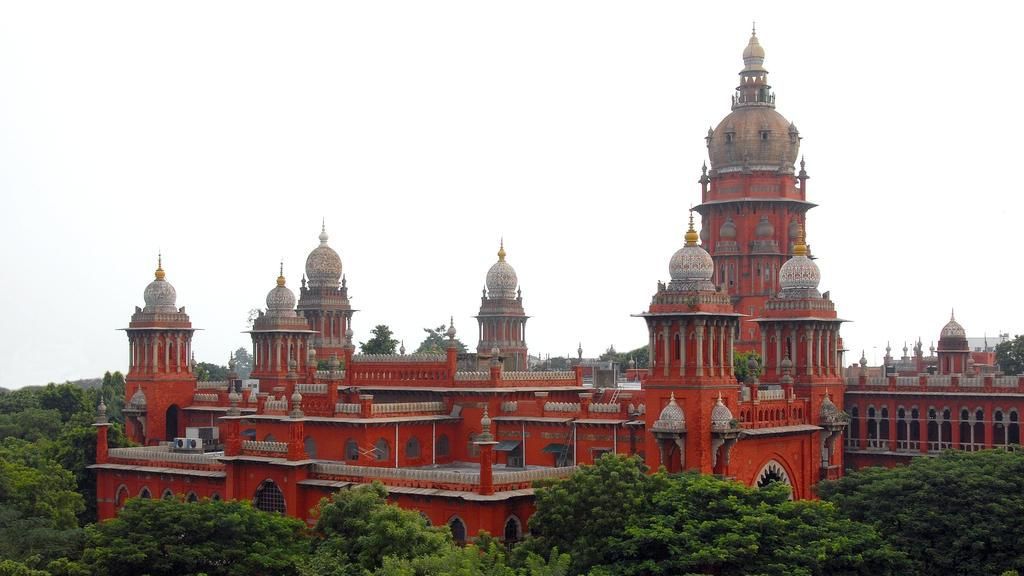Madras High Court steps in to bring clarity regarding the serving of justice in criminal cases on minor boys from the month of July. As observed, we tend to forget the meaning of “consensual” and often put blames in the wrong way. The bench of Justice N Anand Venkatesh and Justice Sunder Mohan has passed necessary orders for the protection of minor boys from inequality in law.
The attempt is to bring better understanding regarding the cases of consensual relationships between minor boys and minor girls below the age of 18. The court identified that there are 1274 pending cases of this nature from 2010 to 2013 alone. The bench points out at the ignorance that was shown to the idea of consensually in the previous cases, due to which the minor boys were accused to be the culprit and the minor girls mere victims.
“This case must be taken to be a wakeup call to ensure that such incidents at least do not happen in the future. It is sad that none of the stakeholders were sensitive to the fact that both the boy and the girl were under 18 years and both of them are categorised as child under the relevant enactment,” the Bench wrote.
The legal discussions on this issue accelerated after the habeas corpus petition filed elopement of a minor girl in the Cuddalore District of Tamil Nadu in 2022. While the issue was mistaken as a missing case which in reality was consensual elopement. The court stood firmly against this mistreatment of minor boys. The bench reminded that anyone under the age of 18 is a “child” in the eyes of law, irrespective of their gender as per the POCSO Act. Treating one as the culprit and the other as victim in a consensual act was commented as unfair and shocking here.
The court had utilised Section 482 of Article 226 which is the inherent powers of the High Court to pass such orders as may be necessary to prevent abuse of the process of any court or otherwise to secure the ends of justice.
In addition, the court also ended the two-finger test on the victims of sexual abuse. Sperm collection or test of blood samples were suggested as the alternatives for the same. Therefore, the Madras High court aims to make law just and served right for the common people through this unique attempt.

PC: twitter.com
Feature Image Courtesy: timesnownews.com

